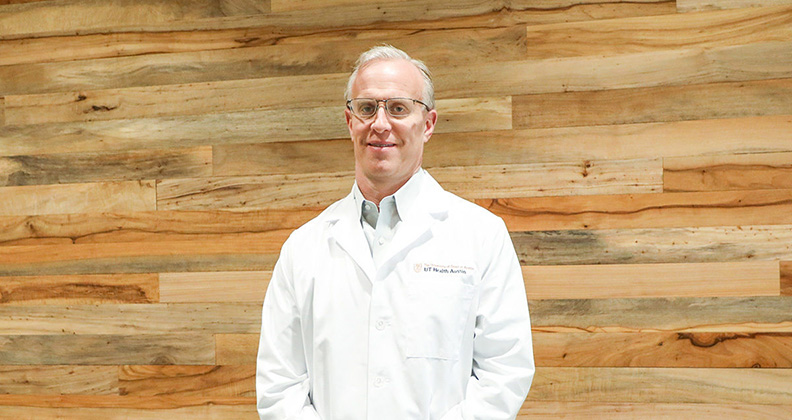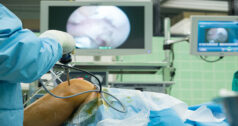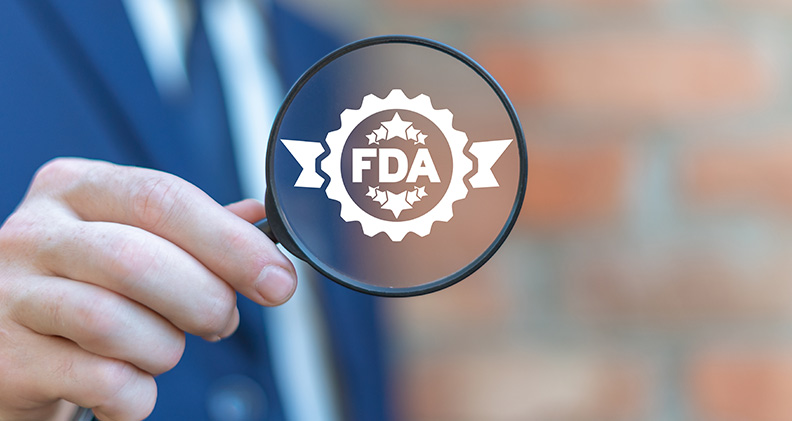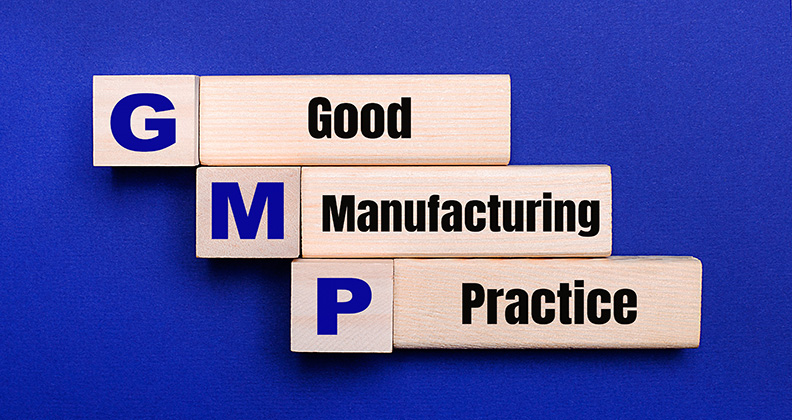The World Bank ranks Brazil as the sixth largest country in the world in terms of gross domestic product (GDP) at $2.47 trillion in 2011 GDP, and expects the country to continue to climb the list. Brazil’s increasing growth suggests that it is an attractive gateway to doing business in South America.
Brazil’s implants export market grew 122% between 2006 and 2011, with its implants import market growing 136% during that same time period, according to data from Brazilian Health Devices, a partnership between the Brazilian Medical Devices Manufacturers Association (ABIMO) and the Brazilian Trade and Investment Promotion Agency (Apex-Brazil). The U.S. held position of dominant buyer (24.4%) and seller (32.2%) in 2011 regarding equipment and consumables used in Brazil’s dental, medical, hospital and laboratory industries.
In an effort to further ease business between the two countries, FDA and its counterparts in Brazil, Australia and Canada recently signed a statement of cooperation to develop the Medical Device Single Audit Program (MDSAP) which seeks to provide more effective, efficient and less burdensome regulatory oversight of OEMs’ quality management systems.
Below, professionals and experts provide advice on navigating the landscape of Brazil’s orthopaedic device industry. Also, read our article on how to pass Brazil’s inspections to take product to market.
Q&A with Orthopaedic Professionals in Brazil
Brazil is still considered to be an emerging market, which means that the medical device industry is still gaining its footing in areas of organization and regulations. BONEZONE asked the following professionals for their take on the region:
Fabio Ribas, Marketing Manager, Orthofix
Marcos Masayuki Ishi, spine surgeon, Grupo Coluna
Danny Arendt, Manager, Import Department, DMC Group, Razek Equipamentos
In your experience, what unique challenges are faced by companies that do business in the Brazil orthopaedic market? What are the unique advantages?
Fabio Ribas: In my opinion, the main challenges are the domestic implants and the lack of more robust laws on this matter. However, the Brazilian companies do not have a well-established structure to ensure the patents on their behalf. Many companies do not pursue patents in Brazil, and when domestic producers start making copies, it is hard to recover the losses.
The unique advantage to working here is that the surgeons like using new technologies. That, and the insurance companies are still paying good prices.
Marcos Masayuki Ishi: The challenges for new health companies in Brazil, in my opinion, are the high taxes on imported implants that become very expensive to use in our poor health system. Also, lack of orthopaedic surgeons trained in new techniques, and conflicting relations between private and public health system.
Advantages are a growing middle class with access to private health care, and American health insurance coming to Brazil.
Danny Arendt: First, companies’ equipment and consumables will be registered with the Ministry of Health, ANVISA, which depending on the classification can take nine months or more than one year to complete. For all documents and rules, it’s necessary to have a person resident in Brazil with the knowledge to do it.
Advantages: we are a continental country with a huge market, and a gateway to the other South American countries because of our importance in the continent’s political and economic scene.
Current headwinds affecting U.S. orthopaedic market performance include longer (and more intense) regulatory clearance processes, growing price pressure from hospitals, lower procedure rates in hip, knee and spine, etc. How does the U.S. market situation impact Brazil? How has it affected your business?
Ribas: We are facing the same problems but, in my opinion, they are not related to the U.S. situation. The regulatory agency in Brazil is new and they restructure every year. The bureaucratic changes impact the business.
Regarding price pressure, it is true that we are facing a change on prices, which is a good thing. This will balance and create the differences between good products and low quality products. However, foreign companies will feel a big impact because this will change their profits.
Ishi: I think Brazil faces the same problems, but on a smaller scale compared to the U.S. This modification in the U.S. market makes American companies turn their attention to another direction, for example UnitedHealth entering in our country through Amil. (In October 2012, UnitedHealth Group acquired 90% of Amil Participações S.A., Brazil’s largest health care company.) I see this as negative, because Brazilian doctors are not well paid by Amil or other health companies. My concerns are that we could lose our independence in choosing the better treatment for our patients, which progressively reduces our fees.
Arendt: We have the same frame in Brazil with ANVISA. The registration processes are toughening. Also, the distributors are encountering problems with the health insurance companies as to the total amounts to be charged on the surgical procedures, as well as on the amount of the consumables used in the procedures.
In Brazil, the manufacturers sell to the distributors who in turn supply the hospitals. This is a commercial chain to be respected here.
What resources have you found to be reliable for Brazil-specific orthopaedic market data, hospital/patient data, implant pricing or any other information that you require to plan for business development?
Ribas: The only reliable source we have today is the Sistema Único de Saúde (SUS) information from public hospitals, but this is not enough to create a strong business plan. I believe that companies urgently need new sources.
Ishi: None. Like the U.S., we have a great country and every state has a different and specific market. So I believe that there isn’t any reliable data to base the information required to plan business.
Arendt: (You require) registration of the products, quality at an accessible cost, certifications for the manufacturer and the distributor and stock and logistics to supply your dealer.
The resources will depend on what products will be launched in the Brazilian market, because each will generate a registry cost. Also the cost of documentation required for the registration of the company in Brazil, and with ANVISA and the federal, state and municipal governments. Also, the cost of maintenance of the field staff that will visit the Brazilian distributors.




